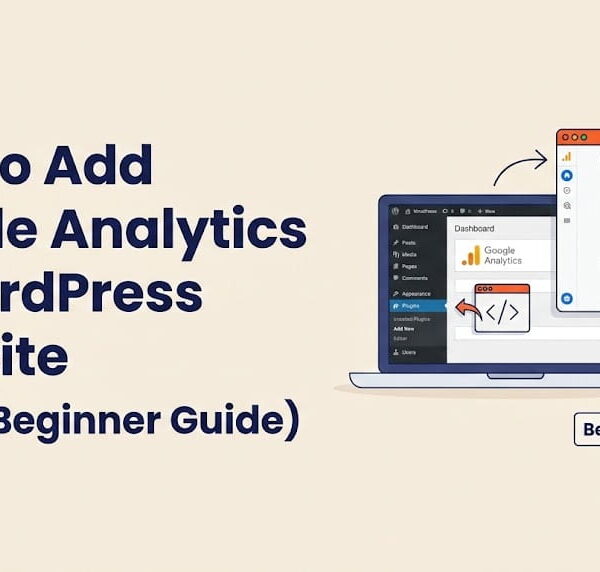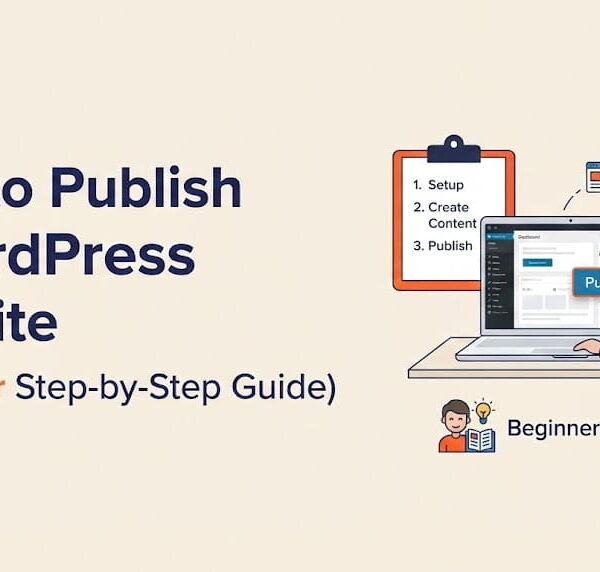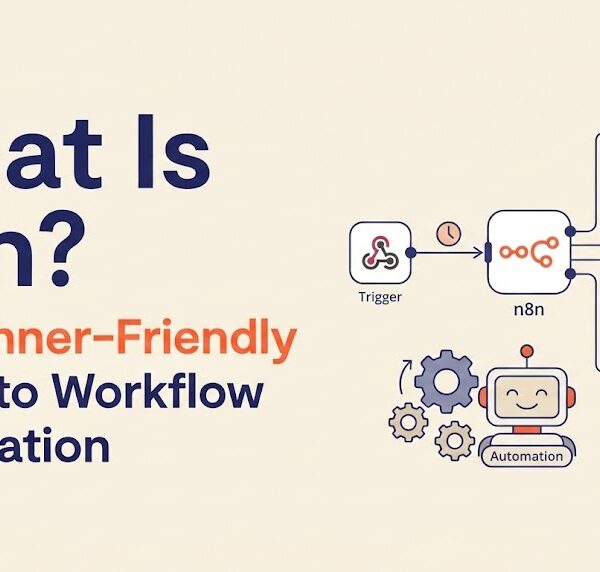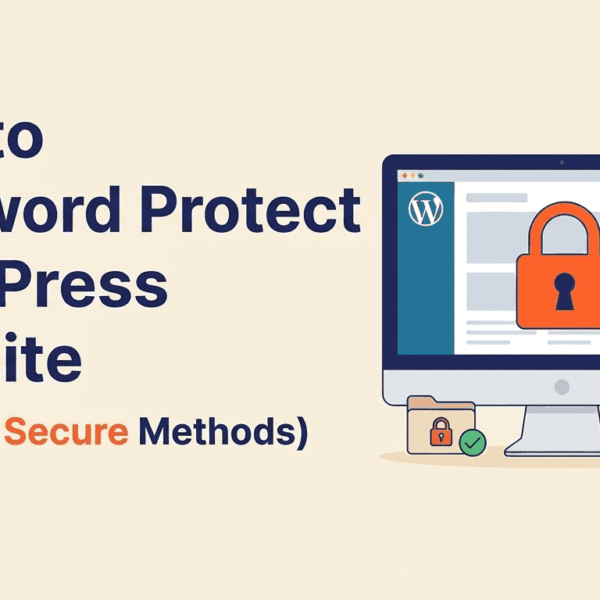The Ultimate Beginner’s Guide to Digital Marketing
Digital marketing has become an essential skill in today’s world, where almost everything revolves around the internet. Whether you’re a business owner, a student, or someone looking to expand your knowledge, understanding the basics of digital marketing is crucial. In this article, we’ll explore the fundamental concepts of digital marketing, making it easy for new learners to grasp and apply this knowledge effectively.
What is Digital Marketing?
Digital marketing refers to the promotion of products, services, or brands through digital channels such as search engines, social media, email, and websites. Unlike traditional marketing, which relies on print, radio, or television, digital marketing uses online platforms to reach a broader and more targeted audience.
Key Components of Digital Marketing
1. Search Engine Optimization (SEO)
SEO is the process of optimizing your website to rank higher in search engine results pages (SERPs). By improving your website’s visibility, you can attract more organic traffic, which is essential for long-term success. SEO involves on-page optimization, such as using relevant keywords, and off-page optimization, like building quality backlinks.
2. Content Marketing
Content marketing focuses on creating and distributing valuable, relevant, and consistent content to attract and retain a clearly defined audience. This could be in the form of blog posts, videos, infographics, or podcasts. The goal is to provide useful information that helps potential customers while subtly promoting your products or services.
3. Social Media Marketing
Social media marketing involves using platforms like Facebook, Instagram, Twitter, and LinkedIn to promote your brand. By engaging with your audience through posts, stories, and ads, you can build a loyal following and increase brand awareness.
4. Email Marketing
Email marketing is a powerful tool for connecting with your audience. By sending targeted emails to a list of subscribers, you can promote your products, share news, or provide valuable content. Personalization and segmentation are key to a successful email marketing campaign.
5. Pay-Per-Click (PPC) Advertising
PPC advertising allows you to place ads on search engines or social media platforms and pay only when someone clicks on your ad. Google Ads is one of the most popular PPC platforms. This method can quickly drive traffic to your site, especially when combined with a well-optimized landing page.
6. Affiliate Marketing
Affiliate marketing is a performance-based strategy where businesses reward affiliates (partners) for driving traffic or sales through their marketing efforts. Affiliates use various tactics like blogging, social media promotion, and email campaigns to earn commissions on sales generated.
Why Digital Marketing is Important
Digital marketing offers numerous benefits over traditional marketing. Here are some key reasons why it’s essential for businesses:
- Cost-Effective: Digital marketing is often more affordable than traditional methods. Small businesses can compete with larger companies by targeting specific audiences online.
- Measurable Results: With digital marketing tools, you can track and analyze the performance of your campaigns in real-time, allowing for quick adjustments.
- Targeted Audience: You can reach a specific demographic, ensuring that your marketing efforts are directed towards those most likely to be interested in your product or service.
- Global Reach: The internet allows you to reach a global audience, expanding your market far beyond local boundaries.
- Engagement: Digital marketing facilitates direct interaction with your audience, fostering relationships and building customer loyalty.
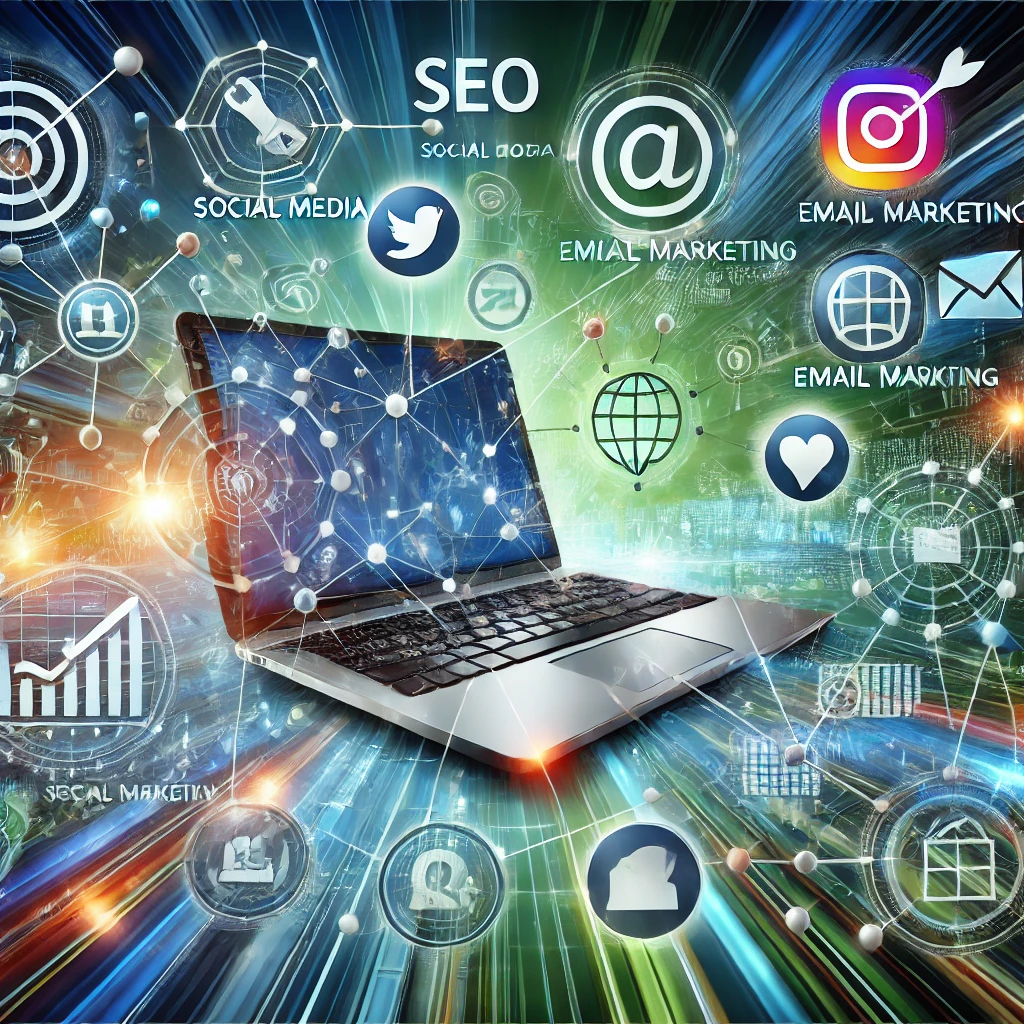
FAQs About Digital Marketing
What is the difference between SEO and PPC?
SEO focuses on improving your website’s organic ranking on search engines, while PPC involves paying for ads to appear at the top of search results. Both are valuable strategies, but SEO is a long-term investment, whereas PPC offers immediate results.
How long does it take to see results from digital marketing?
The timeline varies depending on the strategy. SEO and content marketing may take several months to show significant results, while PPC and social media campaigns can yield quicker outcomes. Consistency and quality are key factors in achieving success.
Can I do digital marketing on my own?
Yes, many digital marketing tactics can be implemented independently, especially with the vast array of online resources and tools available. However, as your business grows, you may consider hiring experts or agencies to scale your efforts.
What are the most effective social media platforms for digital marketing?
The effectiveness of social media platforms depends on your target audience. Facebook is widely used, making it ideal for reaching a broad audience, while Instagram is popular among younger demographics. LinkedIn is the go-to platform for B2B marketing.
Conclusion
Digital marketing is a dynamic and ever-evolving field that offers endless opportunities for businesses and individuals alike. By understanding and applying the basic concepts of SEO, content marketing, social media marketing, email marketing, PPC, and affiliate marketing, you can build a solid foundation in digital marketing. Whether you’re looking to promote a business or expand your skill set, the knowledge you gain will be invaluable in today’s digital age.
| Platform | Name | Paid / Free | Details |
|---|---|---|---|
| SkillShare | Paid | Get Offer | |
| FreeCodeCamp | Free | Learn More | |
| Coursera | Free | Learn More | |
| Udemy | Free + Paid | Learn More | |
| CodeAcademy | Free + Paid | Learn More | |
| W3 School | Free | Learn More | |
| HTML Dog | Free | Learn More | |
| Traverse Media | Free | Learn More | |
| Digi Nation | Free + Paid | Learn More | |
| YouTube | Free | Learn More | |
| Treehouse | Paid | Learn More | |
| Free + Paid | Learn More |

